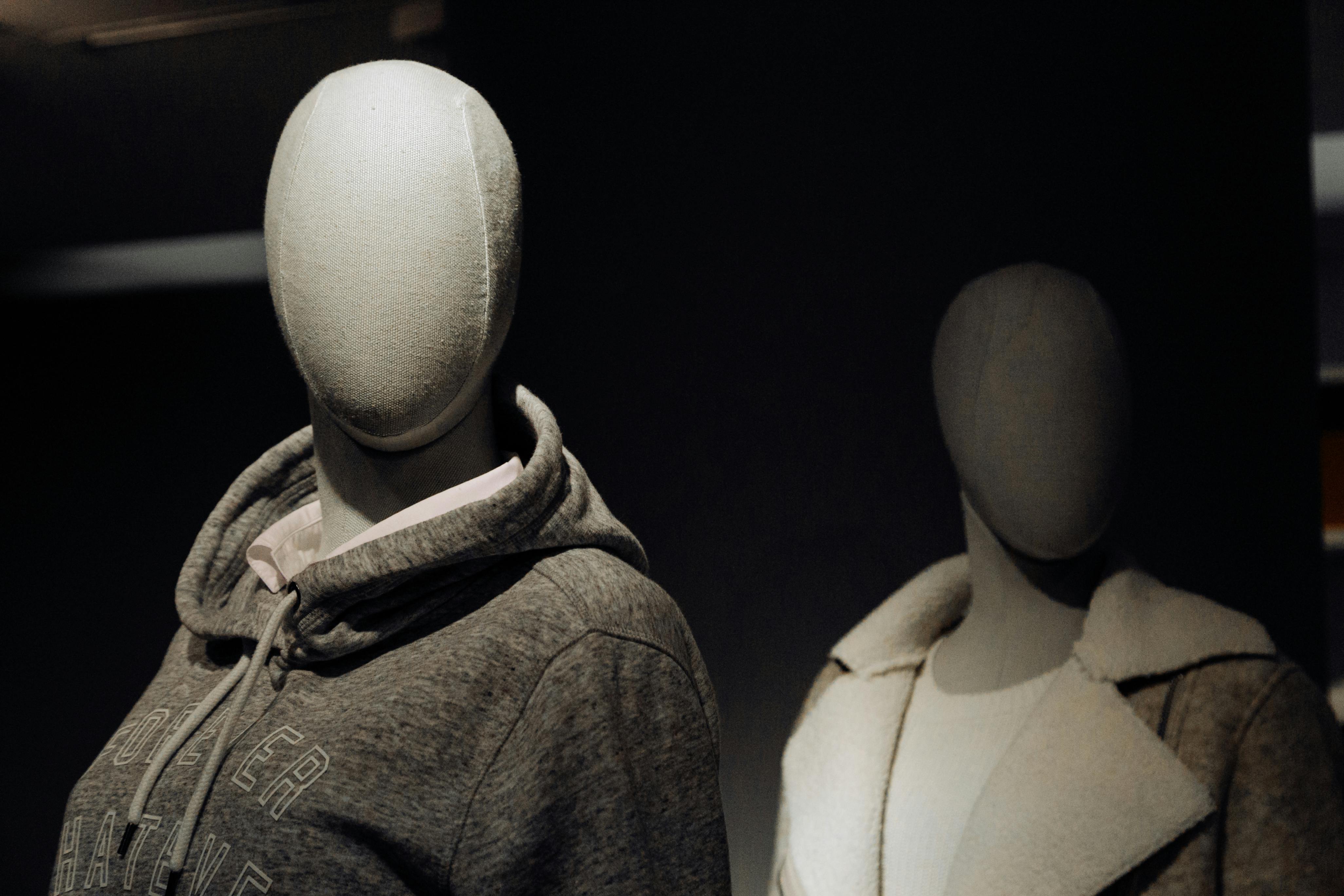In robin Ray V Classic Fm, The English Supreme Court held that a contractor providing services owns the intellectual property in materials created for the client. The decision is a useful guide for contractors, as it is one of the main cases in determining whether an intellectual property commissioner can use intellectual property for purposes not expressly contemplated in a written agreement.
Background
Mr. Ray was a highly respected expert on classical music in England, reputed to have an encyclopedic knowledge of classical music. He was hired by Classic FM in the UK in 1991 to compile the radio station’s repertoire, compile playlists, categorize tracks for playlists and rate his popularity in each of the categories. The contract did not deal with intellectual property rights. The consultancy agreement was originally for 11 months, however Mr. Ray’s work proved beneficial to Classic FM and his services lasted until 1997. Eventually some 50,000 tracks were classified. The results of the work were incorporated into a database that was used to select music on a rotating basis and avoid excessive reproduction.
The project was a success. After internal use of approximately 5 years, Classic FM proposed to license the database to foreign companies. Mr Ray objected and initiated proceedings to prevent Classic FM from licensing the use outside the UK without his permission, on the grounds that he was the author of the documents that were incorporated into the database.
The decision of the High Court
Justice Lightman in the High Court ruled that in the case of a consultancy, the author retained copyright in the absence of an express or implied term to the contrary. Where a consultant’s services are performed for an express purpose, a court will easily imply a clause in a service contract that a client is entitled to use for that purpose. In this case, Classic FM always intended to use Mr Ray’s work in the UK. It wasn’t until 1996 that Classic FM had any intention of exploiting Mr. Ray’s work abroad. The court was not prepared to imply a license in the contract that Classic FM would have the right to exploit its work abroad. Classic FM was prevented from operating its database abroad without Mr. Ray’s consent, which would require payment of license fees.
By implementing licenses in this manner, a court will only go so far as is necessary in the circumstances to give effect to the parties’ intent. If the grant of a license is required, the scope of the license will be the minimum required to give effect to the intent of the parties at the time of the contract. An implicit term that the copyright would be assigned to a client will be exceptionally rare, since most of the time an exclusive license will have the same effect in law.
The judge held that the contractor retains copyright in the absence of any express or implied term to the contrary. The contract may expressly state which party is entitled to the copyright, and the mere fact that the contractor was commissioned – performed by a contractor – is insufficient to grant copyright rights to the customer. In the absence of express rights, the customer may establish a right under the express or implied term of the contract.
Conclusion
The decision means that the contractors retain copyright in the absence of an implied or express term. An implied license must be reasonable and equitable; necessary to give commercial effectiveness to the contract, capable of clear expression and not contrary to any express term of the contract, and so evident that it is evident. The ownership of intellectual property rights and the licenses to use the rights should not be left to chance; is preferable to unwanted implied licenses that allow a customer to use a work and rather provide the stated purposes for which it can be used at the beginning of the contract. Therefore, it is important to document the purposes of the engagement and the intended use for copyrighted work created during the course of the engagement.




